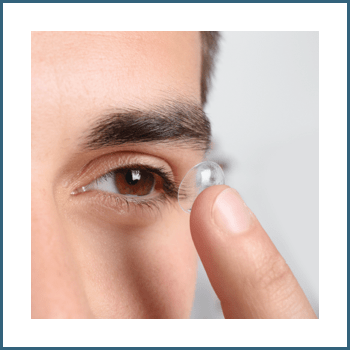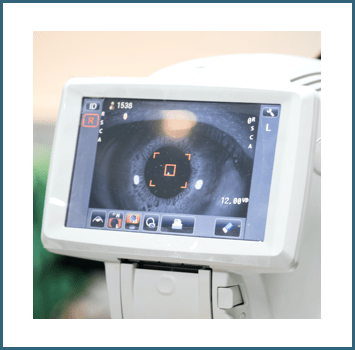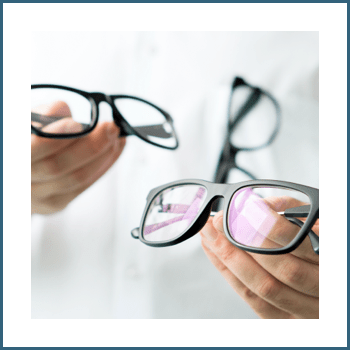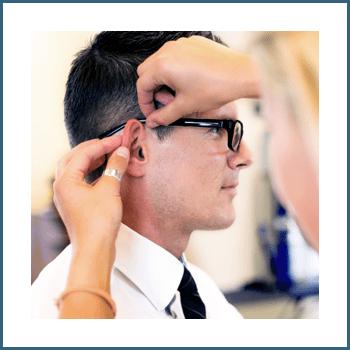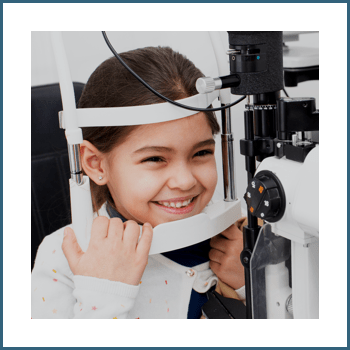Get Medical Help ASAP
Eye emergencies can affect your vision and eye health. No matter what type of eye emergency—from injuries to sudden vision changes—you must visit a medical professional as soon as possible.
If you experience an accident or injury endangering your life, contact urgent care or visit the nearest emergency department.
For other eye emergencies, Westmount Optometrists can help. We have the knowledge and technology to assess your eyes and determine appropriate treatment. Please give us a call for an emergency appointment.
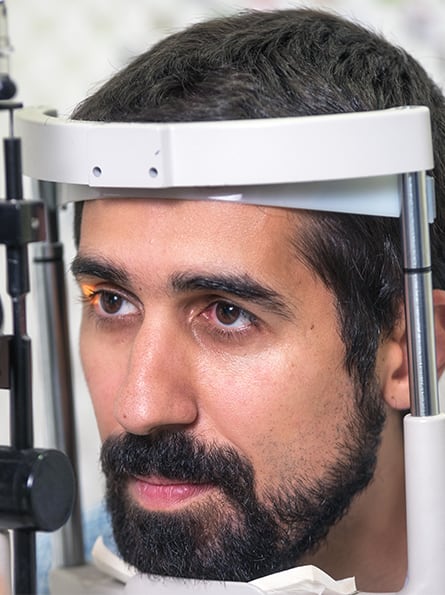

What Is an Eye Emergency?
Vision loss, eye trauma, or exposure to a foreign substance are all eye emergencies. Some eye conditions, including infections, can cause sudden or severe symptoms and are also considered an eye emergency.
Don’t wait to receive help. Without treatment, symptoms can worsen, leading to vision loss or blindness. Any time you experience sudden vision changes or severe eye discomfort, contact us.
Vision Loss
Vision loss, whether minor or complete, can indicate a severe eye problem. Additionally, sudden blurry vision can be a symptom of an eye or medical condition.
Vision loss may result from an injury or infection. Not all eye infections are emergencies, however, when an infection causes sudden changes to vision or eye comfort, it requires immediate medical attention. Some conditions that can cause vision changes includeacute angle-closure glaucoma, keratitis, age-related macular degeneration (AMD), retinal detachment, and a stroke.
Acute Angle-Closure Glaucoma
Most types of glaucoma are slow-acting, and may not have obvious symptoms. Acute angle-closure glaucoma, however, can occur suddenly, causing increased intraocular pressure (IOP). Without treatment, glaucoma can cause vision loss and blindness.
Keratitis
Keratitis is an inflammation of the cornea and can be common in contact lens wearers. The eye redness can resemble conjunctivitis (pink eye), and can similarly be infectious or non-infectious.
Keratitis symptoms include eye redness, eye pain, light sensitivity, and vision changes (including vision loss). Treatment can help prevent permanent eye damage.
Retinal Detachment
Retinal detachment can be caused by various eye conditions or injuries. Symptoms can include flashing lights, floating spots, and reduced vision. Patients sometimes describe this vision loss as a dark shadow or curtain descending over their visual field. The sooner you receive treatment, the higher your chances for a successful reattachment.
Age-Related Macular Degeneration
Age-related macular degeneration (AMD) is an eye disease affecting the macula. There are 2 types: dry and wet.
Dry AMD develops slowly and patients may not notice vision changes in the early stages.
Wet macular degeneration can cause sudden vision changes, including:
- Central vision loss
- Blank or dark spots
- Lines appearing wavy
- Difficulty recognizing faces
Stroke or Heart Attack
A stroke can cause sudden blurry vision, coordination problems, balance issues, severe headaches, and vision loss. High blood pressure can cause eye damage and vision loss.
An eye examination can evaluate the health of your eye and identify risks of stroke or heart attack before the event occurs.
Eye Trauma
Eye trauma or an eye injury can damage eye structures and interfere with vision. After eye trauma or injury:
- Do not rub or apply pressure to the eye
- Do not put in your contact lens
- Do not try to remove an object stuck in the eye
- Do not apply over-the-counter eye medications
If a foreign object is stuck in the eye, limit eye movement as much as possible. Contact us immediately if you experience eye trauma or injury.
Chemical Burns
Chemical burns result from a substance or chemical coming into contact with your eyes. Harmful substances can include household items, such as cleaning products or gardening chemicals. Symptoms of chemical eye burns include:
- Blurry vision
- Eyelid swelling
- Eye pain or irritation
- Eye redness
- Water eyes
- Inability to keep the eye open
- The sensation of something in the eye
If chemicals get in your eyes, the first step is flushing or rinsing your eyes. Use clean water and continue rinsing the eye (and eye area) for at least 15 minutes. Then, contact us for emergency treatment.
Don’t Wait to Contact Us
Whether you scratch your cornea or have a black eye, don’t wait to contact us. We can evaluate your eye health and recommend treatment to improve healing. Even minor injuries or vision changes can be symptoms of severe eye problems.
If you’re not sure if your experience qualifies as an emergency, still call us. We can help you determine the next steps to care for your eye health. Call us for emergency eye care.

Frames We Love!





Where To Find Us
At the corner of Springbank Drive and Wonderland Road, our clinic offers plenty of parking out front.

Our Address
- 585 Springbank Dr.
- London, ON N6J1H3
Talk to Us
- Phone: 519-472-0210
- Email: [email protected]
Our Hours
- Monday: 8:00 AM – 7:30 PM
- Tuesday: 8:00 AM – 7:30 PM
- Wednesday: 8:00 AM – 7:30 PM
- Thursday: 8:00 AM – 7:30 PM
- Friday: 8:00 AM – 5:00 PM
- Saturday: Closed
- Sunday: Closed
Read Our Blog
What Are Myopia Glasses?
Children’s Eye ExamThese eyeglasses use specially designed lenses that cause light to focus on the eye in a way that slows myopia progression in children.
[…]
Dry Eyes or Allergies: How to Identify the Cause of Your Eye Discomfort
Contact Lenses, Digital Eye Strain, Dry Eye, Eye Care, Eye Exams, Eye HealthThe key difference? Dry eyes are typically caused by poor tear production or when your tears evaporate too quickly, while eye allergies result from your immune system reacting to allergens like pollen or dust. The symptoms may overlap, but the causes—and treatments—are very different.
[…]
How Do You Know if Sunglasses Are Polarized?
SunglassesOne of the easiest ways to determine if your sunglasses are polarized is by using the reflection or screen test. […]
What Are Myopia Glasses?
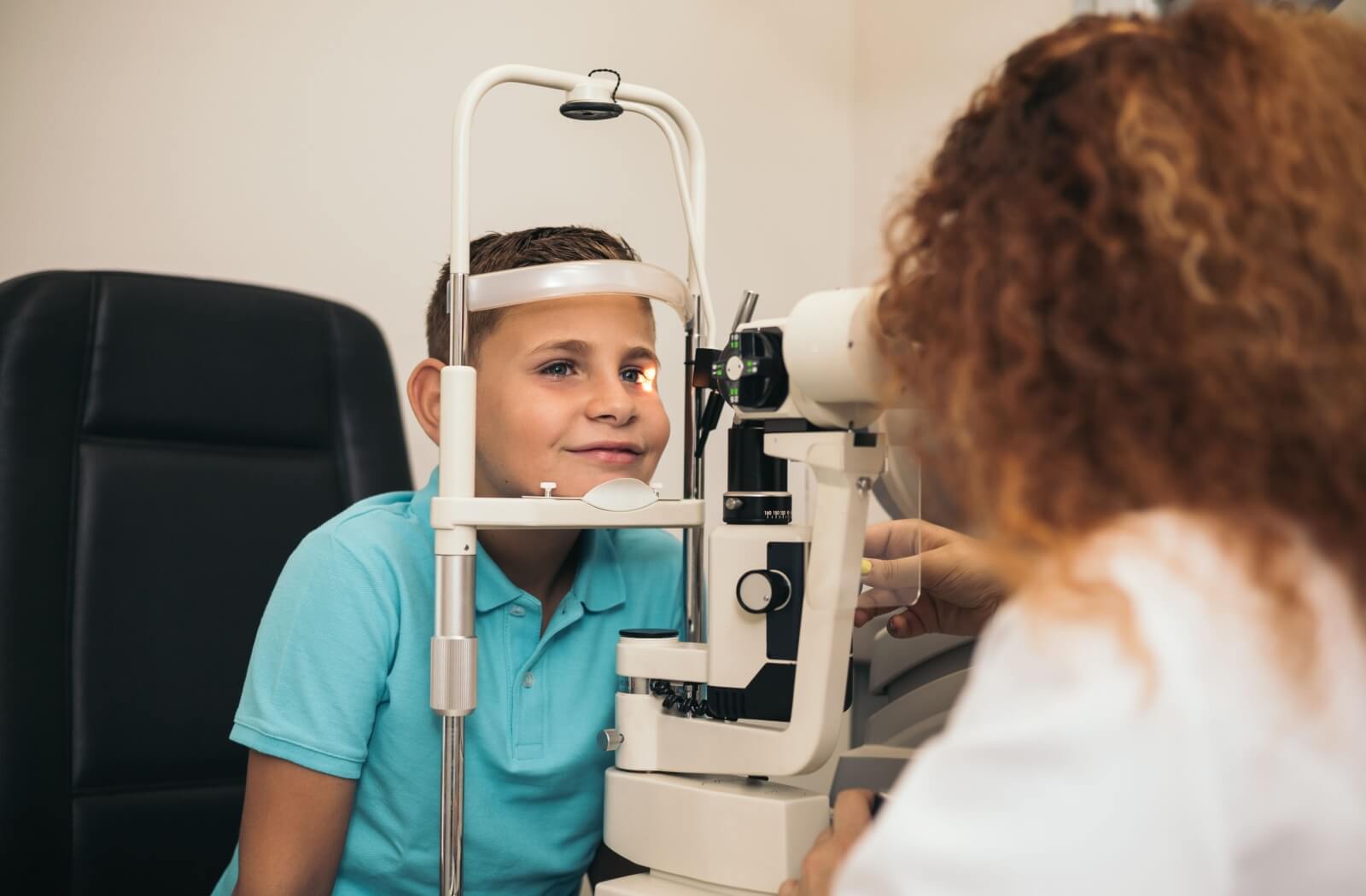
These eyeglasses use specially designed lenses that cause light to focus on the eye in a way that slows myopia progression in children.
[…]
Dry Eyes or Allergies: How to Identify the Cause of Your Eye Discomfort

The key difference? Dry eyes are typically caused by poor tear production or when your tears evaporate too quickly, while eye allergies result from your immune system reacting to allergens like pollen or dust. The symptoms may overlap, but the causes—and treatments—are very different.
[…]
How Do You Know if Sunglasses Are Polarized?

One of the easiest ways to determine if your sunglasses are polarized is by using the reflection or screen test. […]



